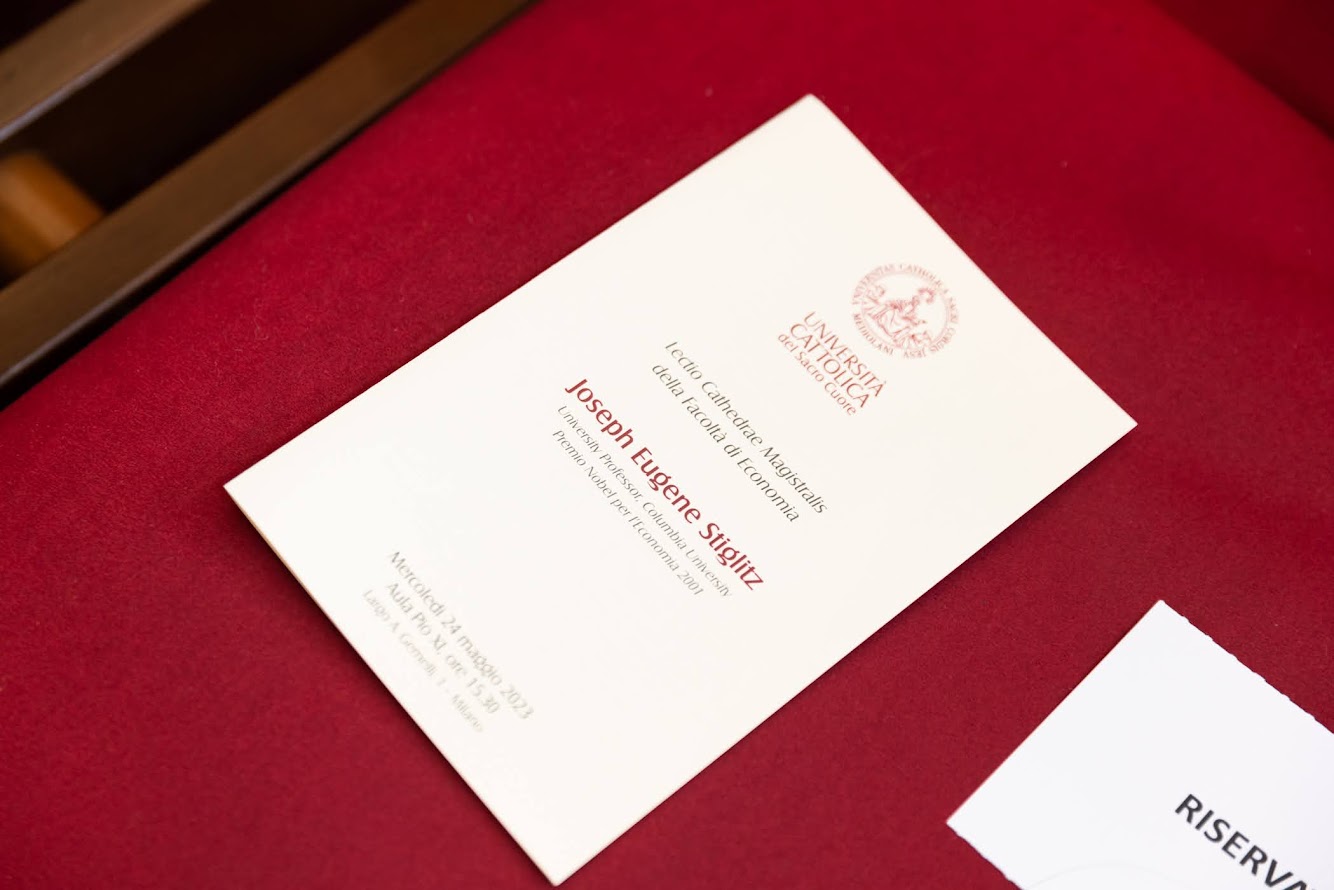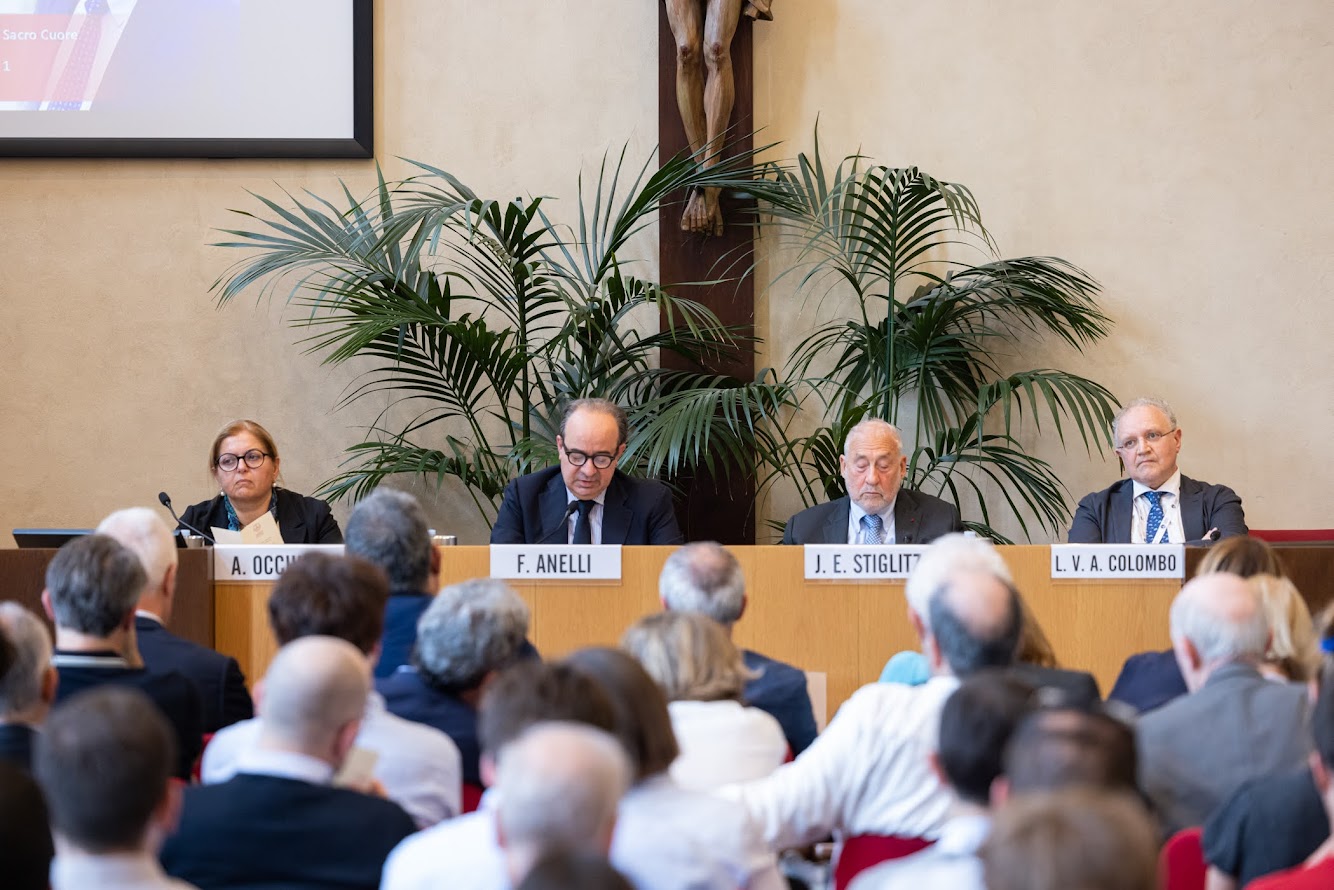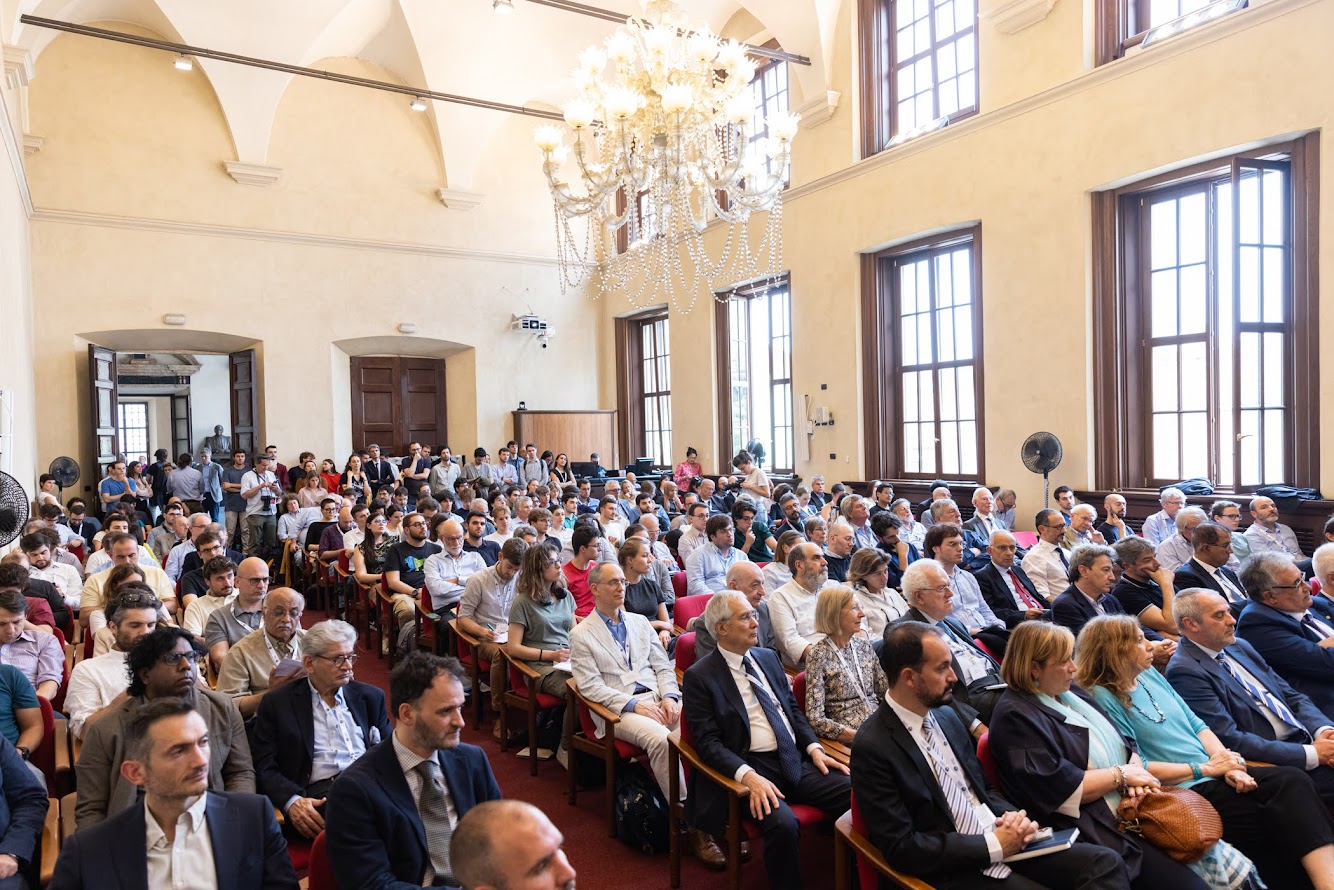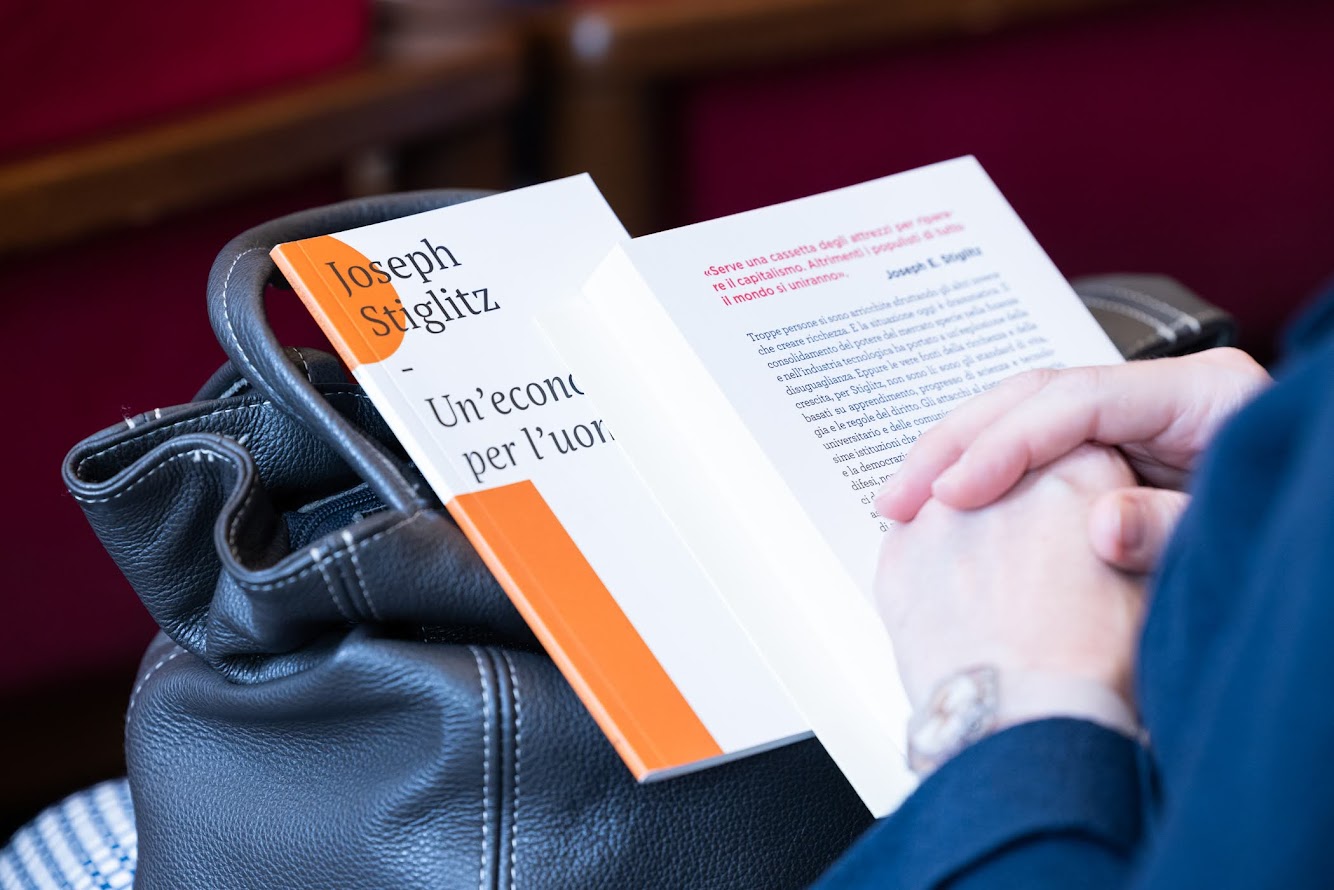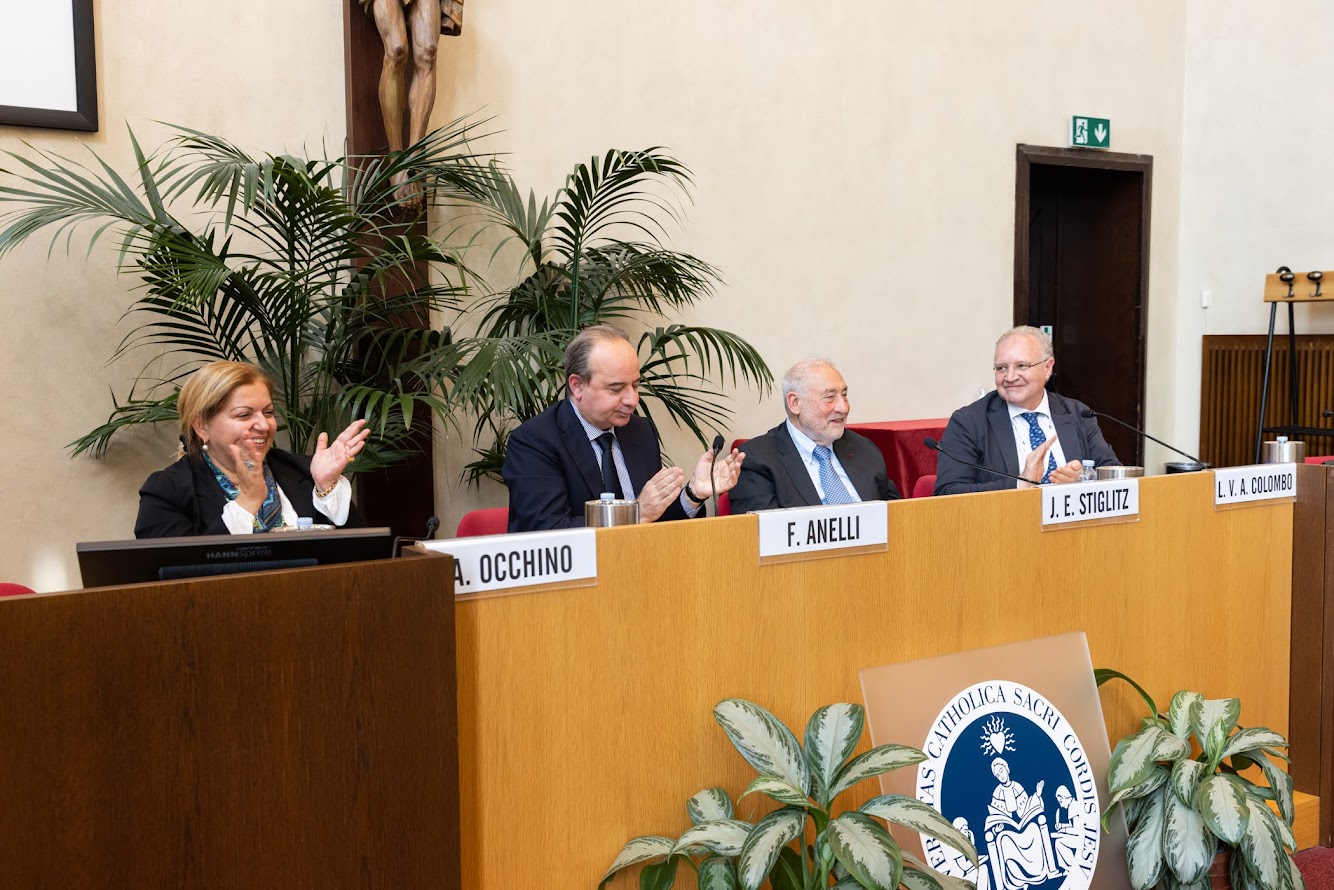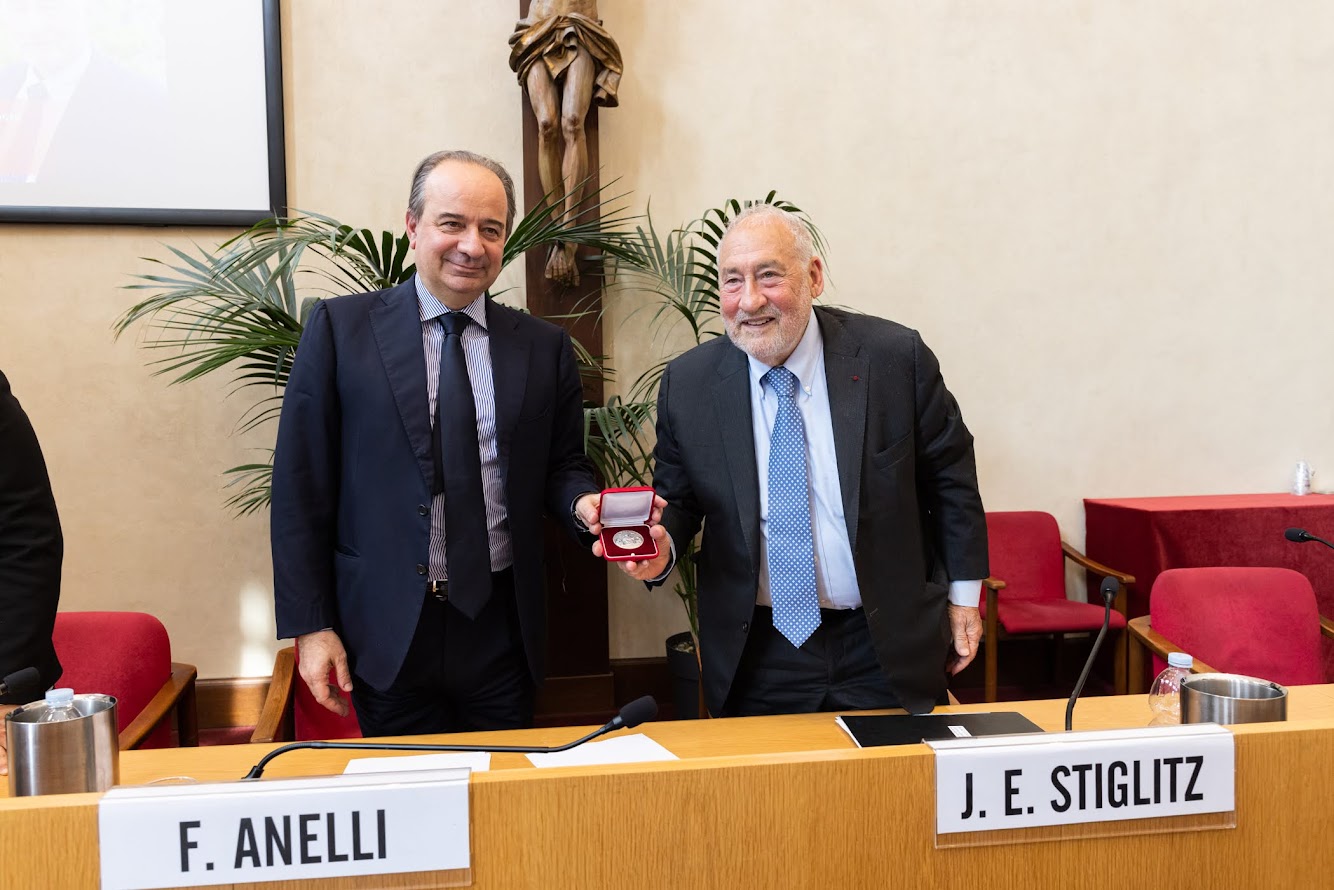News
11 items found
-
Seminar -
Seminar CLE Seminar: Mérő Bence
Milano - 07 maggio 2025 -
Seminar CLE Seminar: Gabriele Iannotta
Milano - 21 marzo 2025 -
Seminar CLE Seminar: Marco Le Moglie
Milano - 21 febbraio 2025 -
Seminar CLE Seminar: Elisa Palagi
Milano - 07 febbraio 2025 -
Seminar CLE Seminar: Aldo Glielmo
Milano - 13 dicembre 2024 -
Research New Working Paper
01 dicembre 2024 -
Presentazione volume Presentazione libro di Pier Giorgio Ardeni e Mauro Gallegati
Milano - 12 novembre 2024 -
Seminar CLE Seminar: Andrea Colciago
Milano - 18 ottobre 2024 -
Annual Lecture 9th CLE Annual Lecture by Mordecai Kurz
Milano - 24 settembre 2024 -
Seminar CLE Seminar: Massimo Ferrari Minesso
Milano - 17 settembre 2024
Foto e video
Interviste a: Jospeh Stiglitz (CLE Annual Lecture 2015 e 2023), Mordecai Kurz (CLE Annual Lecture 2024)
Stiglitz, CLE Annual Lecture, 8/6/2015
Stiglitz, CLE Annual Lecture, 24/5/2023
Kurz, CLE Annual Lecture, 24/9/2024
8th CLE Annual Lecture 2023: J.E. Stiglitz (Columbia University), "An economy for a just, free and prosperous society "
